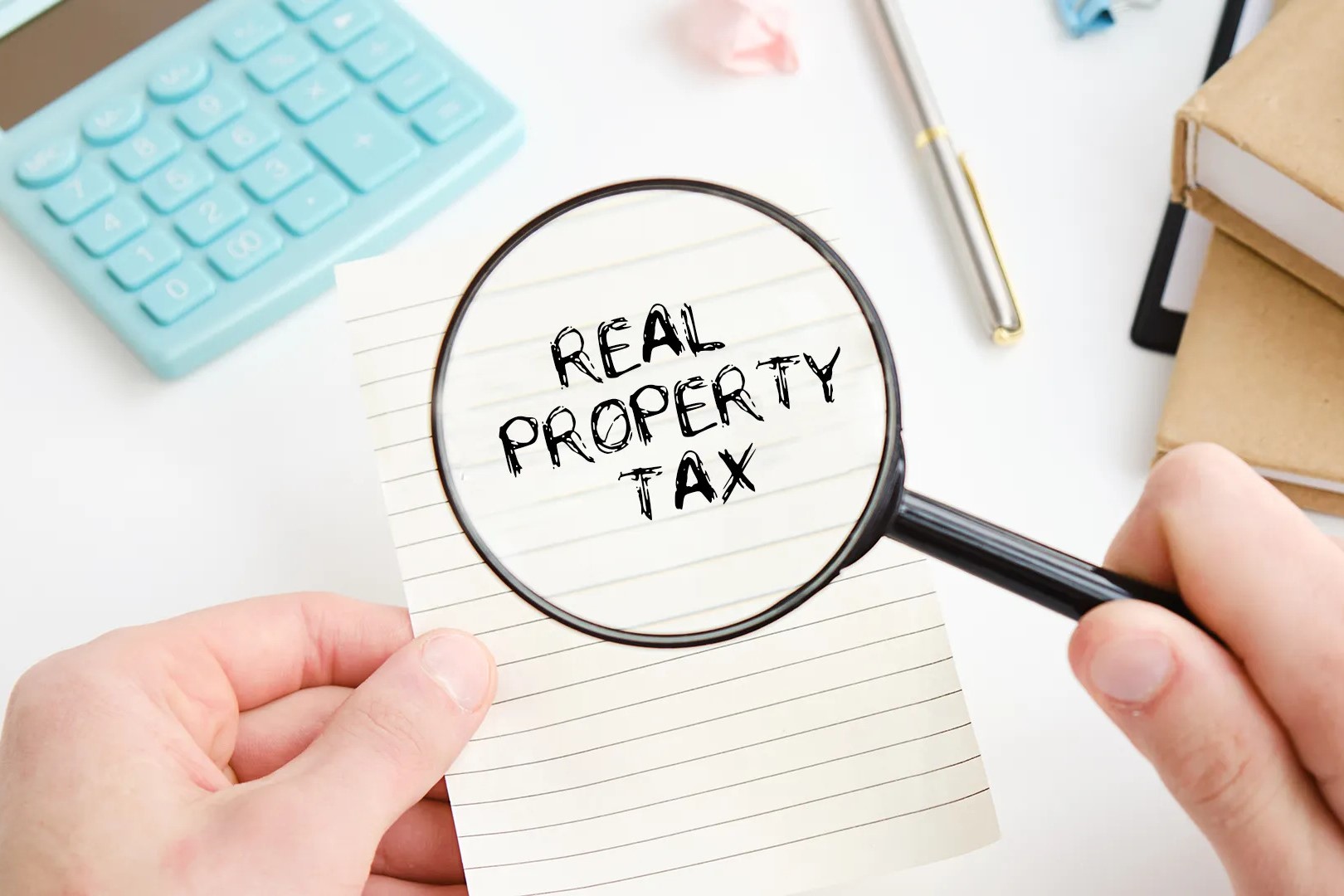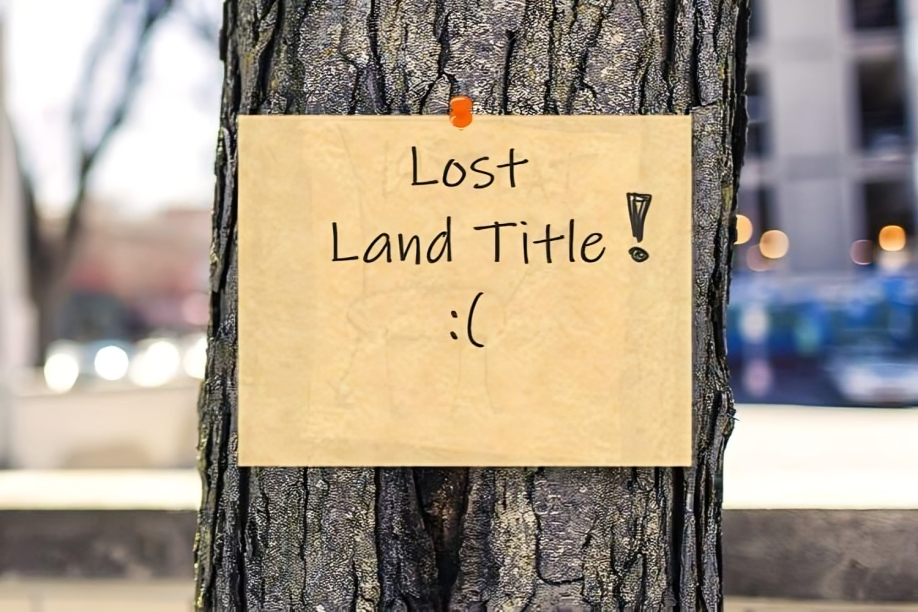
Titling Unregistered Lands
- Insights, Legal and Regulatory
- January 11, 2024
The Philippines is a country blessed with diverse and abundant natural resources, including land. Properly securing land ownership is essential for individuals, families, and businesses alike. Land titling is the legal process by which ownership of a piece of land is established and officially recognized by the government.
What are the benefits of a titled land?
- Land title provides legal proof of ownership, ensuring that the landowner’s rights are protected from unlawful encroachments or claims.
- Access to Credit. With a titled land, the owner can use it as collateral to obtain loans or financing for various purposes.
- Market Value Appreciation. Titled lands generally have higher market value compared to untitled ones, making it a valuable asset for investment.
- Easy Transfer of Ownership. When the time comes to sell or transfer the land, having a title simplifies the process and ensures a smooth and legal transaction.
- Legitimate Documentation. Titled lands provide legitimate and reliable documentation of the property’s boundaries, area, and ownership.
Is ownership same as certificate of title?
Ownership is different from a certificate of title. The fact that a person was able to secure a title in his name does not operate to vest ownership upon him of the subject land [1].
Registration of a piece of land under the Torrens System does not create or vest title, because it is not a mode of acquiring ownership.
A certificate of title is merely evidence of ownership or title over the particular property described therein. It cannot be used to protect a usurper from the true owner; nor can it be used as a shield for the commission of fraud: neither does it permit one to enrich himself at the expense of others.
What to do when someone else is claiming unregistered land?
If they haven’t filed yet with the court, register the land immediately. If they filed a registration already, file for an opposition [2]. Whether filing for registration or opposition, you must take note of the following:
- Make sure that the land is capable of registration and ownership.
- Prove that you’ve been in possession of land (e.g., tax declarations, statements from other land owners beside the land).
- Show the identity of the land (look at the survey plan or blueprints for the technical aspects of the property in question).
What are the processes in titling a land?
Judicial process
- Petition for Original Registration
-
- The landowner or the person claiming ownership of the land files a petition for original registration with the RTC. The petition must include essential information about the land, such as its location, boundaries, and area, as well as supporting documents like tax declarations, survey plans, and evidence of ownership.
- Publication
-
- After the petition is filed, the court will issue an order directing the Land Registration Authority (LRA) to cause the publication of the petition in a newspaper of general circulation. This is to notify the public and any interested parties about the ongoing titling proceedings.
- Notice to Government Agencies and Private Landowners
-
- The court will also issue an order directing the LRA to furnish copies of the published notice to various government agencies and private landowners in the vicinity of the land being registered. These parties may intervene or raise any objections they have to the registration.
- Initial Hearing
-
- The court will schedule an initial hearing where interested parties may appear and present their claims or objections. The court will also appoint a land registration commissioner to conduct a survey of the land and gather evidence related to the ownership.
- Survey and Investigation
-
- The land registration commissioner conducts a survey and investigation to verify the information provided in the petition and to gather evidence to support or refute the claim of ownership.
- Commissioner’s Report
-
- The land registration commissioner submits a report to the court containing findings and recommendations based on the survey and investigation.
- Decision
-
- After considering the commissioner’s report and all the evidence presented, the court issues a decision either granting or denying the petition for original registration. If the court grants the petition, a decree of registration is issued, and the land becomes titled.
- Entry of Decree and Issuance of Title
-
- The decree of registration is entered in the Land Registration Authority, and an Original Certificate of Title (OCT) or Transfer Certificate of Title (TCT) is issued to the landowner, reflecting the registered title.
Administrative Process
- Application
-
- The landowner or claimant files an application for land titling at the Community Environment and Natural Resources Office (CENRO) or the Provincial Environment and Natural Resources Office (PENRO) in the area where the land is located. The applicant must complete the necessary forms and provide supporting documents, such as tax declarations, tax receipts, and proof of ownership.
- Verification and Survey
-
- The LMB conducts verification and validation of the application to determine if the land is eligible for titling. A survey may also be conducted to establish the boundaries and area of the land.
- Notice Publication and Notice
-
- A notice of the application is published in the Official Gazette and a newspaper of general circulation to inform the public and give other parties a chance to contest the application.
- Investigation
-
- The LMB investigates the authenticity and accuracy of the claim and conducts a field investigation, if necessary, to gather evidence and validate the ownership claim.
- Publication of Approved Application
-
- Once the application is approved, the notice of approval is published in the Official Gazette and a newspaper of general circulation.
- Publication of Issuance of Title
-
- After completing all requirements and resolving any issues or disputes, the Land Management Bureau issues the corresponding Original Certificate of Title (OCT) or Transfer Certificate of Title (TCT) to the landowner or claimant.
References
Wee v. Mardo, G.R. 202414, June 4, 2014.
Section 25, Presidential Decree 1529.
Our Latest Blogs
- Insights

Understanding Real Property Taxation (RPT)
A real estate tax is a direct tax on the ownership of lands and building or other improvements thereon, not especially exempted, and is payable regardless of whether the property is used or not, although the value may vary in accordance with such factor. It is a fixed proportion of the assessed value of the property taxed, and requires, therefore, the intervention of assessors. It is

Reconstitution: Restoring Lost or Destroyed Land Titles
Owning a piece of land is a dream for many individuals and families in the Philippines. It represents security, stability, and a tangible asset that can be passed down to future generations. However, the unfortunate reality is that land title documents can sometimes be lost or damaged due to unforeseen circumstances, leaving landowners in a state of uncertainty. This is where the

Titling Unregistered Lands
The Philippines is a country blessed with diverse and abundant natural resources, including land. Properly securing land ownership is essential for individuals, families, and businesses alike. Land titling is the legal process by which ownership of a piece of land is established and officially recognized by the government. What are the benefits of a titled land? Land title provides legal proof of ownership, ensuring that the landowner’s
